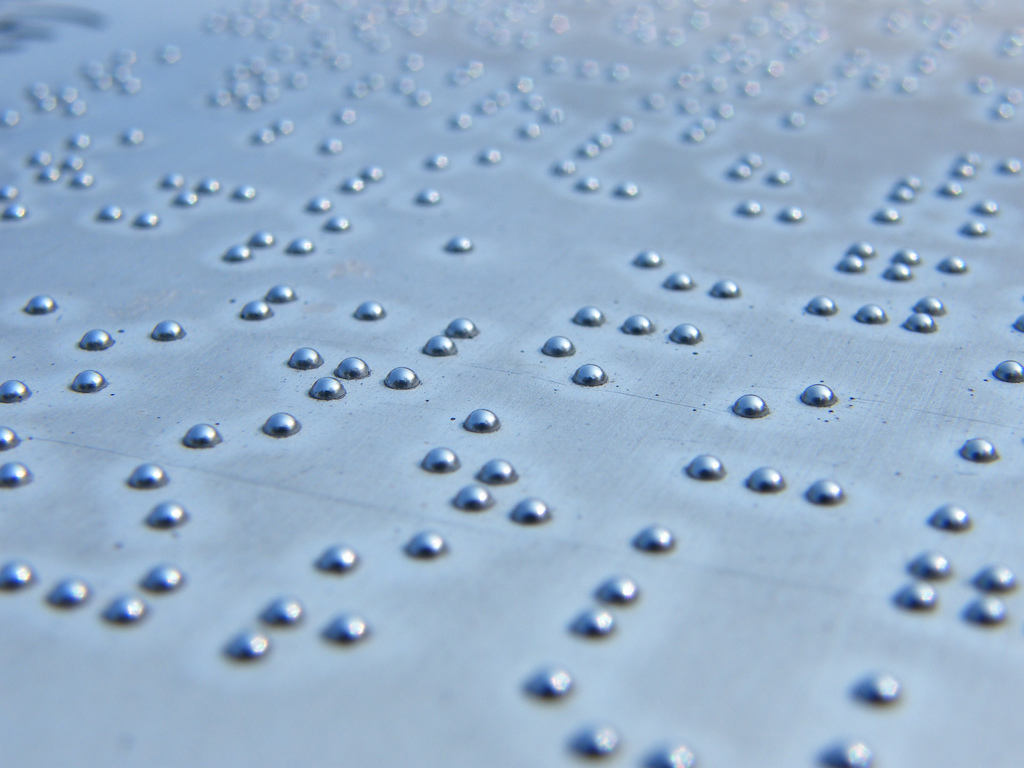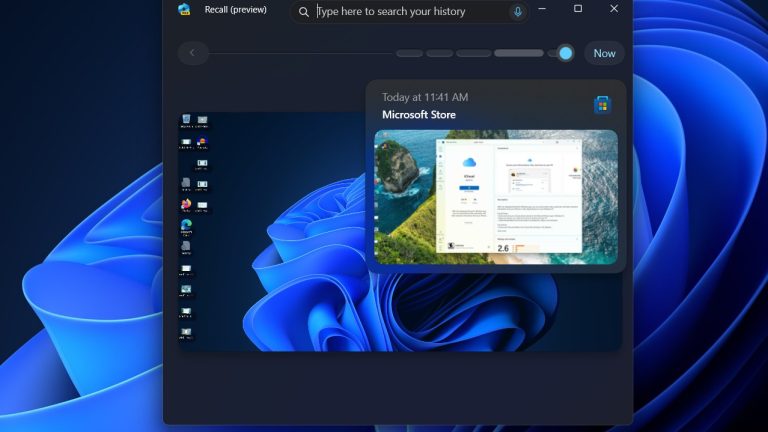For the last several years, negotiators at the World Intellectual Property Organization have been working on a copyright treaty that would make it easier for blind people to get accessible versions of books, like well-annotated audio books or large-print editions. But aggressive lobbying by the Motion Picture Association of America (MPAA), the Association of American Publishers (AAP), and other US copyright interests threatens to derail the negotiations, according to several advocates for the blind who spoke to Ars.
"The main sticking point has been whether to try to use the treaty as a vehicle for enhancing copyright protections or whether the treaty should remain clearly focused on carving out an exception to allow works to be produced in accessible formats for the blind," said Frederic Schroeder, a blind academic who has represented the National Federation of the Blind at recent negotiations. "We don't want this treaty to result in weaker copyright protection or strengthened copyright protection," he said. The blind community just wants easier access to books.
US rightsholders have other ideas. In a Wednesday phone interview, a spokesman for the AAP told us that any treaty that enhances access for blind people must be coupled with provisions that shore up the rights of copyright holders. His organization has also pushed for additional restrictions on when non-profit organizations would be allowed to produce accessible versions of books.
These groups have the ear of the Obama administration, and as a result the demands of rightsholders have dominated recent rounds of negotiations. Treaty advocates warn that fights over these provisions could put the entire treaty into jeopardy.
Spokespeople for the MPAA and the Obama administration declined to comment for this story.


 Loading comments...
Loading comments...
